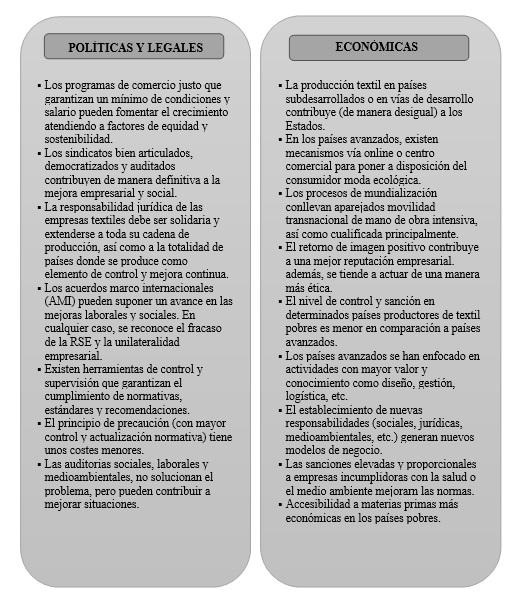24
09/2022
Its high level of contamination is due, among other reasons, to the use of plastic made (such as polyester, a material derived from oil), to the definition of recycling of garments, excessive consumerism, and to poorly sustainable manufacturing methods.This is an industry that pollutes more than maritime and aerial together, producing 3% of CO2 emissions released into the atmosphere.
One of the consequences of this industry is the 'fast fashion' or fast fashion.A type of fashion that promotes unbridled consumption of clothing, with an increasingly lower life.They are low -cost garments, which go out of fashion very fast, because companies endlessly introduce new trends in a very short period of time.
"Each Spanish throws an average of 12 to 14 kilos of clothes a year"
Each Spanish throws an average of between 12 and 14 kilos of clothes a year, instead of resorting to other more ecological options such as recycling or donation.We could all put on our side and start consuming more responsible.One of the most traditional and efficient methods is that of the sale of second -hand garments, which can still be granted a second chance.At present, we can find applications such as Vinned or Depop, or local 'vintages' local businesses that manage to avoid a new production cycle in each of the garments that sell.
Get the Most Out of Your Data and Ai Needs By Learning How To Embace Sap Data Intelligence for Your Enterprise. R… https://t.CO/OZB0GQ6nd9
— SAP HANA Thu Feb 13 17:57:33 +0000 2020
Associated with Fast Fashion we find another concept, the water footprint, used to calculate the amount of water (one of the most necessary natural resources, at risk of contamination and exhaustion) that is necessary to produce a single garment.For example, to make a cotton shirt, 2 are necessary.700 liters of water, and for jeans 3 are required.781 liters.

The consequences of this type of production are already becoming visible in some regions of the planet.In conclusion, we have become accustomed and we are participants in the capitalist economic model of the capitalist economic model.We believe we are worth what we have and not for what we really are.We prefer to look the other way and ignore a problem that will affect us all directly, in the not too distant future, if we do not react quickly.
The role that education should play
Unfortunately, we have learned that what we do not see does not exist, and as we do not see closely all this pollution or these production methods, we ignore and assume it, and we prefer to continue participating in this wheel in which we do not stop consuming.If we really want to stop this disaster, it is very important to give a greater prominence to the function that education should play.
In addition to offering contents aimed at training specialists, the need to form committed and responsible citizens should not be lost sight of.Education should grant greater weight to subjects in which critical and rational thinking is encouraged.An education that promotes ethical reflection on values, on the different forms of consumption and its consequences, on the care of our planet or, even, on the very foundations of our society.
An education that frees us from the bonds of a model that gives excessive value to the appearance and clothing we carry.An education that teaches us that we are all inhabitants of the same planet, exposed equally to the climatic disasters that we are causing.Human beings, unique and different people regardless of the clothes we wear.

- 659
- What do you think of clothes and fashion
Related Articles
48 Best Kids Watches in 2021 based on 623 reviews
16/05/2022If you are here, we assume that you are looking for the best watches for children. However, given the number of options available in the market, it becomes really daunting to choose the right product...
46 Best Pitchers and Decanters in 2021: According to the Experts
20/04/2022You can get any random Pitchers and Decanters, but if you're looking for expert advice to choose the best one for your needs, then you've come to the right place. No matter which...
39 Best Legumes in 2021: According to the Experts
02/03/2022You can get any random legume, but if you're looking for expert advice to choose the best one for your needs, then you've come to the right place. No matter what your...
Best Camper Kit For Vans 2022 (buying guide)
03/05/2022Technology improvement need only increase the level of competition in each market. Whether it is automobiles or electronic devices, every industry makes the best use of advanced technology...